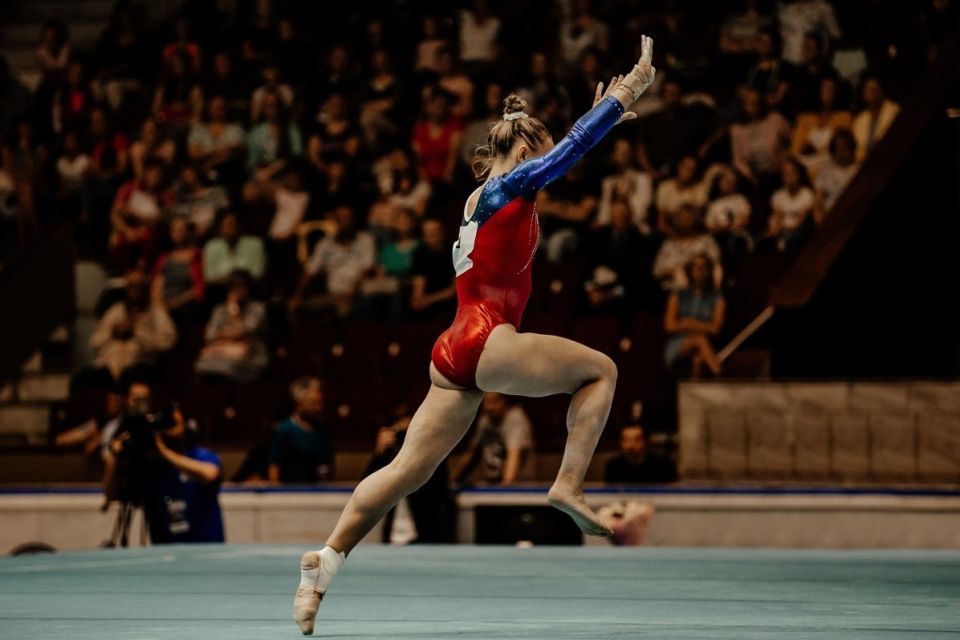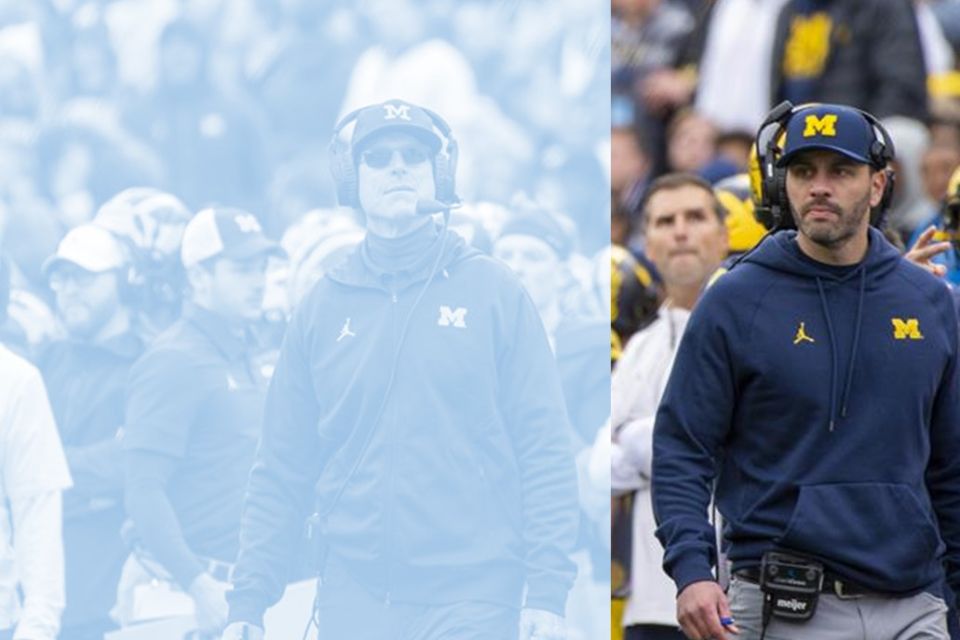
President of World Athletics, Sebastian Coe, has approved cheek swabs and dry blood tests as biological sex tests for female athletes to ensure the “integrity of female women’s sport.” Coe said that he will: “doggedly protect the female category and do whatever it takes to protect it.”
World Athletics, the global governing body for track and field, is the first body to introduce DNA tests for elite female athletes. The tests will involve one-time cheek swabs or dry blood tests which are said to be non-invasive. Coe also expressed that the tests “will be done to absolute medical standards.”
World Athletics plans to implement the testing during its outdoor World Athletics Championships in September this year.
World Athletics stated that the test is “a highly accurate proxy for biological sex” and will only need to be taken once by an athlete during their career. The test will detect the SRY gene, found on the Y chromosome, which triggers the development of male characteristics. A cheek swab will be used to check for the presence of the SRY gene, while a dried blood spot test may also be used to measure the athlete's testosterone levels.
The 68-year-old former British Olympic champion expressed: “We’re not just talking about the integrity of female women’s sport, but actually guaranteeing it. And this, we feel, is a really important way of providing confidence and maintaining that absolute focus on the integrity of competition.”
Coe banned transgender women from the female category in 2023. He argued that transgender women have more strength, endurance, power and lung capacity than biological women, even after suppressing their testosterone.
Crucially, World Athletics’ new rules will also ban difference of sex development (DSD) athletes from the female category. These athletes are born female but undergo the physiological benefits of male puberty.
Coe voiced that he would take legal action to defend the tests, if necessary. World Athletics won a case against Caster Semenya in 2019 concerning DSD athletes. He stated: “We’ve been to the court of arbitration on our DSD regulations. They’ve been upheld, and they’ve again been upheld after appeal.”
The International Olympic Committee has previously described a return to sex testing as a “bad idea,” but incoming IOC President Kirsty Coventry has not ruled it out, emphasising the need to protect the female category.
The IOC implemented “certificates of femininity” at the 1968 Mexico Games, but these chromosome-based tests were later deemed unscientific and unethical, leading to their removal before the Sydney 2000 Olympics.
To view World Athletics’ new stakeholder consultation on updated female eligibility guidelines, please click here.


